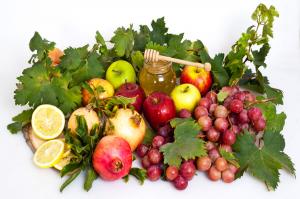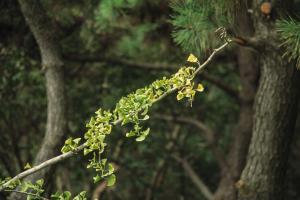Introduction
Tomatoes are widely cultivated worldwide due to their nutritional value and the variety of dishes they can be used in. However, tomato plants, like every other plant, have their predators, which can cause damage to the leaves, fruits, and even roots. In this article, we will discuss whether any animals eat tomato plants.
Herbivores That Eat Tomato Plants
Tomato plants, like other vegetation, are targeted by herbivores that feed on plants. Some of the most common herbivores that eat tomato plants include rabbits, deer, and groundhogs. Rabbits are known to eat the tender shoots and leaves of the tomato plants, while deer can feed on the ripe fruits, stems, and leaves. Groundhogs, on the other hand, can munch on the entire plant. These herbivores can cause extensive damage to tomato plants, leading to reduced yields and even plant death.
Insects That Eat Tomato Plants
Insects also pose a significant threat to tomato plants. Some of the most common insects that feed on tomato plants include aphids, whiteflies, and tomato hornworms. Aphids, commonly known as plant lice, suck the sap from the leaves, stems, and fruits, leading to stunted growth, yellowing, and curling of the leaves. Whiteflies, on the other hand, can transmit plant viruses, leading to wilted leaves and yellowing. Tomato hornworms are large and striking insects that can eat the tomato plant leaves and fruits, causing severe defoliation and fruit damage.
Vertebrates That May Eat Tomato Plants
Although less common, some vertebrates can also eat tomato plants. For instance, several species of birds may feed on the tomato fruits or peck the young tomato plants. Squirrels, too, may target tomato fruits or dig up the seeds from the ground. While these pests may not pose a significant threat to tomato plants' survival, their feeding habits can lead to reduced yields and plant damage.
Prevention Measures for Tomato Plant Predators
There are several ways you can prevent predators from damaging tomato plants. One of the most effective methods is to erect physical barriers, such as fences and netting, to keep away animals like rabbits and deer. Additionally, using organic insecticides or companion planting can help to control insect infestations. Organic insecticides, such as neem oil, can help to deter insects from feeding on the plants, while companion planting involves planting other plants that can repel insect pests, such as garlic or marigold.
Conclusion
Tomato plant predators exist in various forms, from herbivores to insects and invertebrates. They can cause significant damage to the plant, leading to reduced yields and plant death. However, with the right prevention measures, tomato growers can protect their plants from these pests and enjoy healthy tomato crops.

 how many times do yo...
how many times do yo... how many planted tre...
how many planted tre... how many pine trees ...
how many pine trees ... how many pecan trees...
how many pecan trees... how many plants comp...
how many plants comp... how many plants can ...
how many plants can ... how many plants and ...
how many plants and ... how many pepper plan...
how many pepper plan...

































